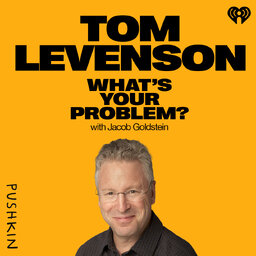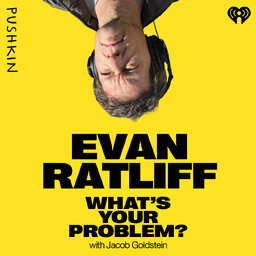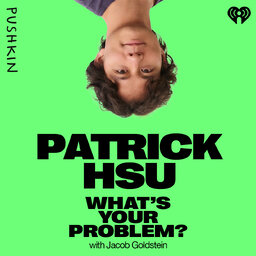Beer Without the Buzz
Bill Shufelt is the founder and CEO of Athletic Brewing Company.
His problem: How do you turn non-alcoholic beer from a punchline into something people drink all the time?
If you’d like to keep up with the most recent news from this and other Pushkin podcasts be sure to subscribe to our email list.
In 1 playlist(s)
What's Your Problem?
Every week on What’s Your Problem, entrepreneurs and engineers talk about the future they’re trying …Social links
Follow podcast
Recent clips

The Killer We Refused to See
39:13

The Startup Run by AI Agents
54:16

Can AI Help Solve Alzheimer’s?
33:47
 What's Your Problem?
What's Your Problem?